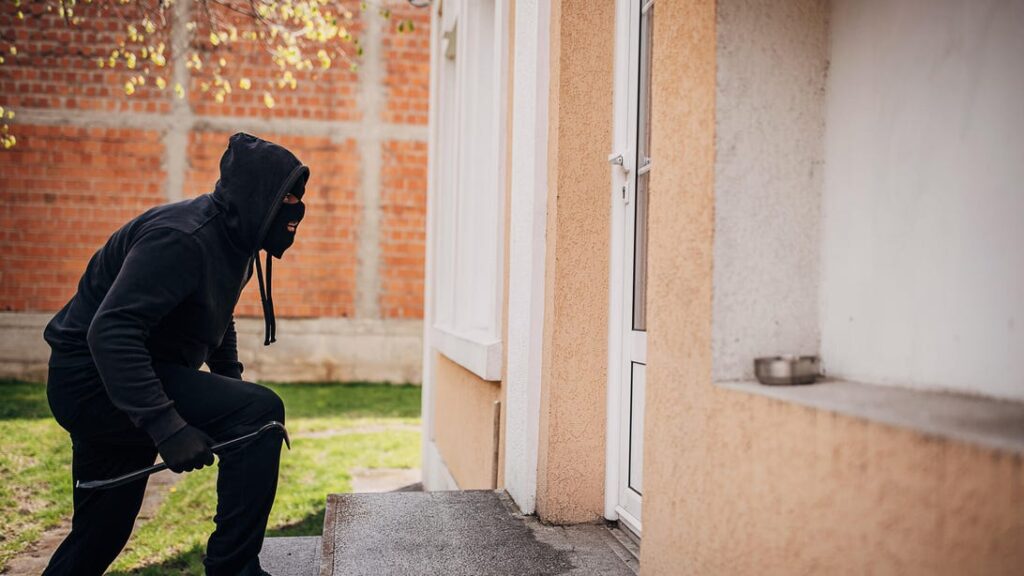Springing forward, also known as daylight saving time, is a practice that has been in place for over a century. It involves setting the clocks forward by one hour in the spring and then setting them back in the fall. While this may seem like a harmless tradition, it actually has some consequences that many people may not have considered.
One of the main consequences of springing forward is the disruption of our natural sleep patterns. Our bodies have an internal clock, known as the circadian rhythm, which regulates our sleep-wake cycle. When we suddenly lose an hour of sleep due to the time change, it can throw off this rhythm and make it difficult for us to fall asleep and wake up at our

